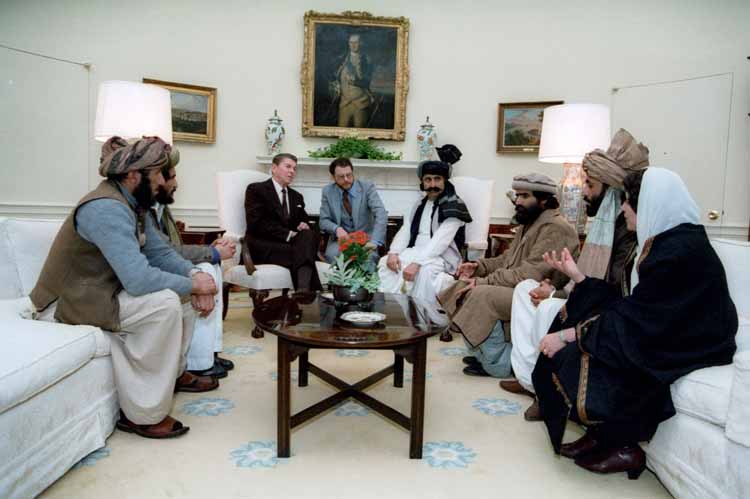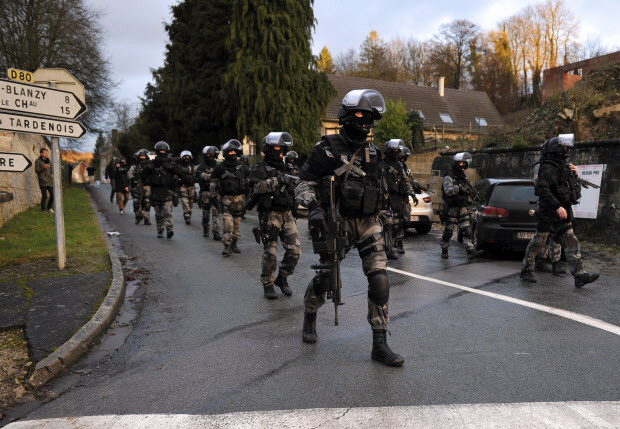 The world’s bastion of peace is packing up its bombs and tanks in a humiliating retreat from the desert of Yemen. How could this be? After all, the US has been directing events in Yemen, more or less, since WWII, dominated by US dictator Ali Abdullah Saleh. After the collapse of the Arab world’s only communist state, South Yemen, in 1991, it looked like clear sailing. But sadly, fantasy and reality have little in common in the intractable Middle East.
The world’s bastion of peace is packing up its bombs and tanks in a humiliating retreat from the desert of Yemen. How could this be? After all, the US has been directing events in Yemen, more or less, since WWII, dominated by US dictator Ali Abdullah Saleh. After the collapse of the Arab world’s only communist state, South Yemen, in 1991, it looked like clear sailing. But sadly, fantasy and reality have little in common in the intractable Middle East.
Yemen is most celebrated as the fatherland of jihadist Osama Bin Laden (his father was a Yemeni-born Saudi construction billionaire with close ties to the Saudi royal family). Osama was energized in his tender youth in the 1970s to travel the Middle East exhorting independence fighters to fight the kufar with increasingly alarming tactics—and success. But that is ancient history now. He was gunned down unarmed by US special forces in Pakistan in 2011 and dumped unceremoniously in the ocean, in yet another US insult to the Muslim world.

 The Zionists and Saudi Arabia are seeking to create more “destruction and war” in Syria amid efforts by Iran to establish peace in the Arab country, says an author and journalist in Toronto.
The Zionists and Saudi Arabia are seeking to create more “destruction and war” in Syria amid efforts by Iran to establish peace in the Arab country, says an author and journalist in Toronto. Press freedom has been under attack with the deaths in Paris of nine Charlie Hebdo employees, including editor Stephane Charbonnier, and the continued incarceration in Cairo of three Al Jazeera journalists. The circumstances of the victimization of the journalists are starkly different.
Press freedom has been under attack with the deaths in Paris of nine Charlie Hebdo employees, including editor Stephane Charbonnier, and the continued incarceration in Cairo of three Al Jazeera journalists. The circumstances of the victimization of the journalists are starkly different. 



